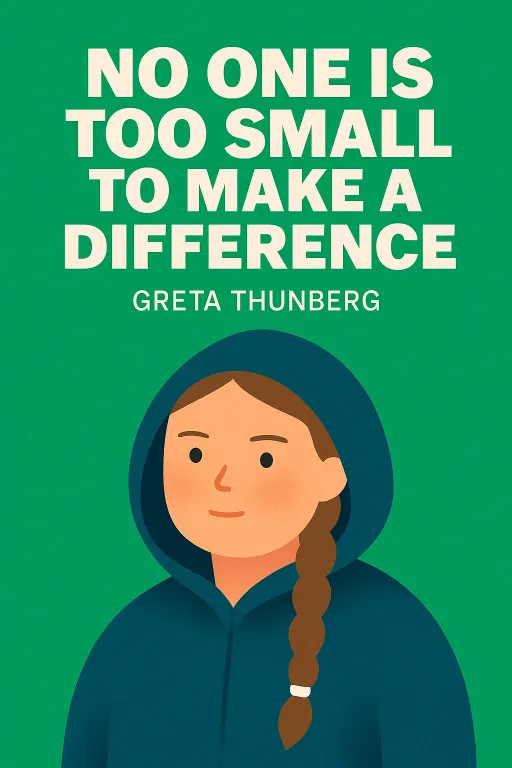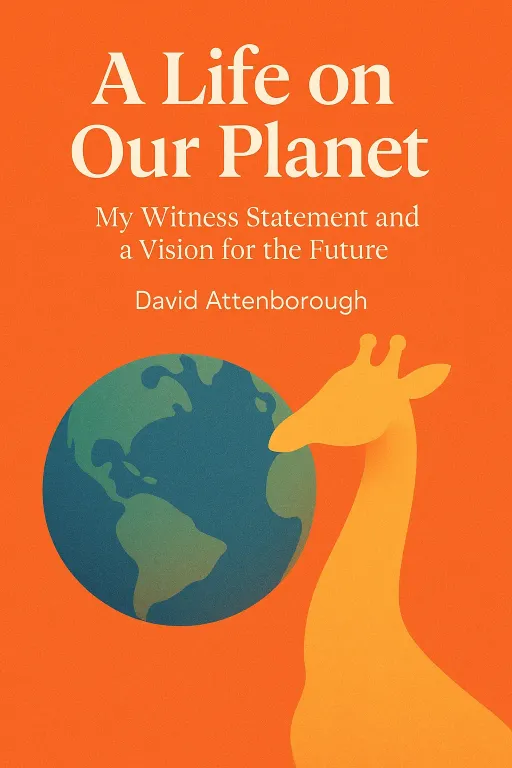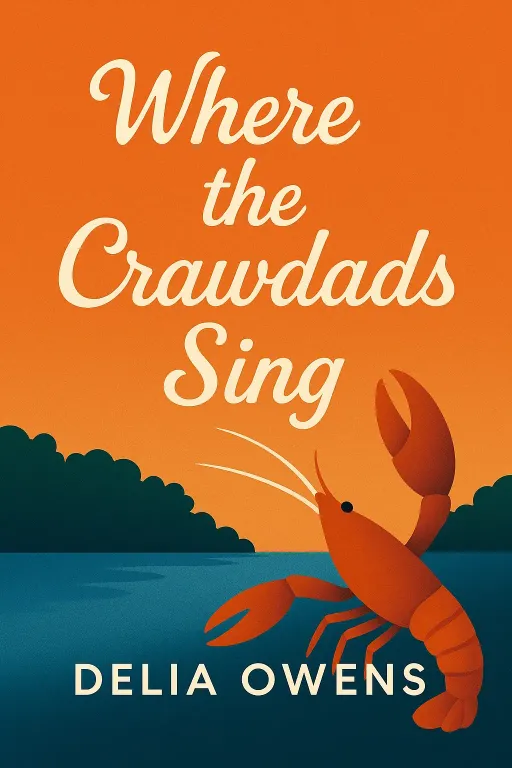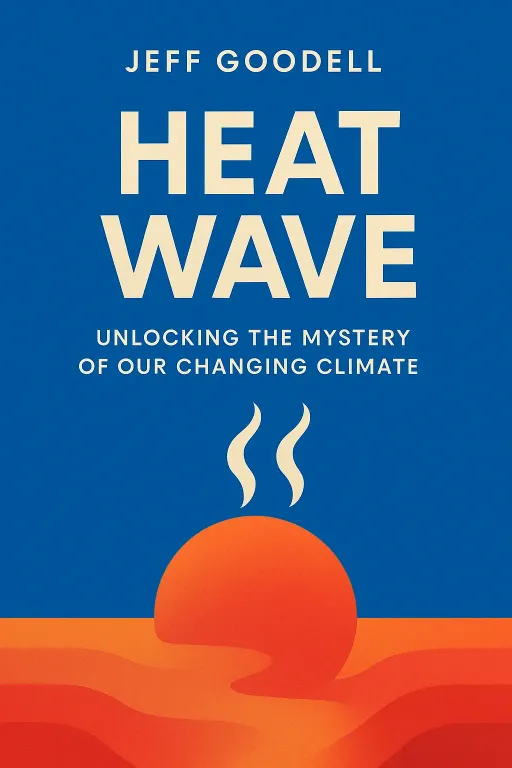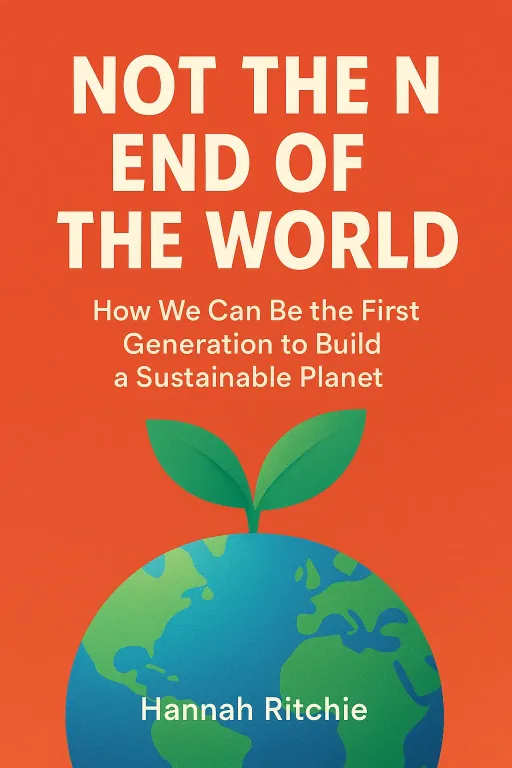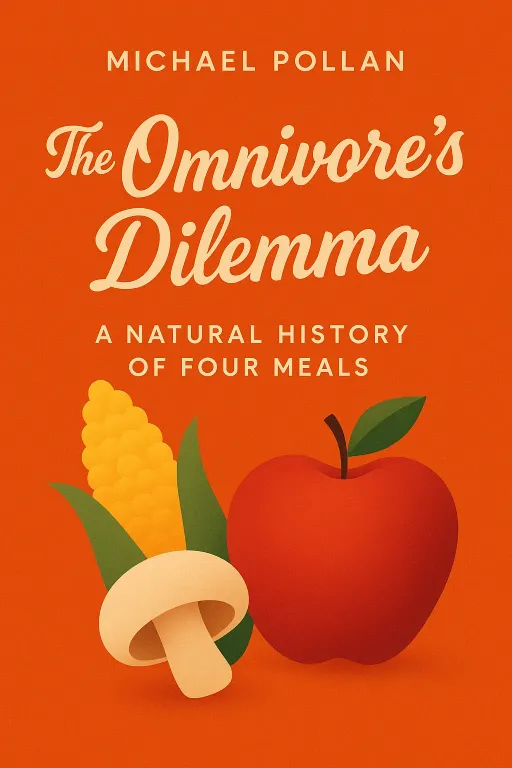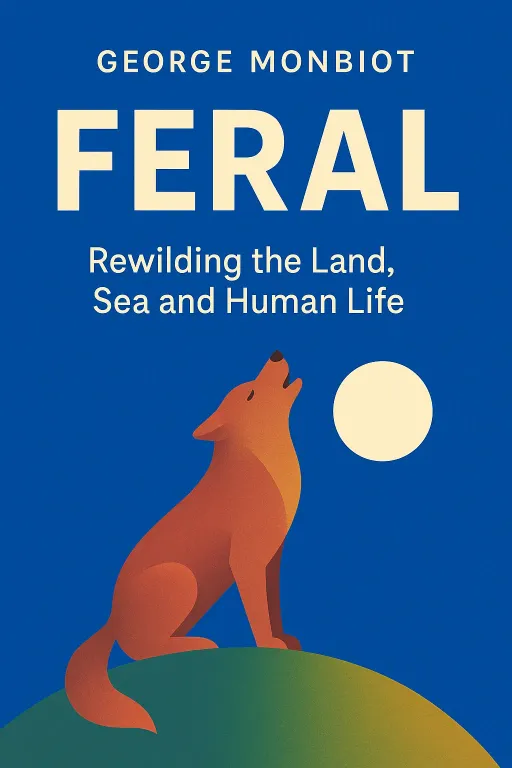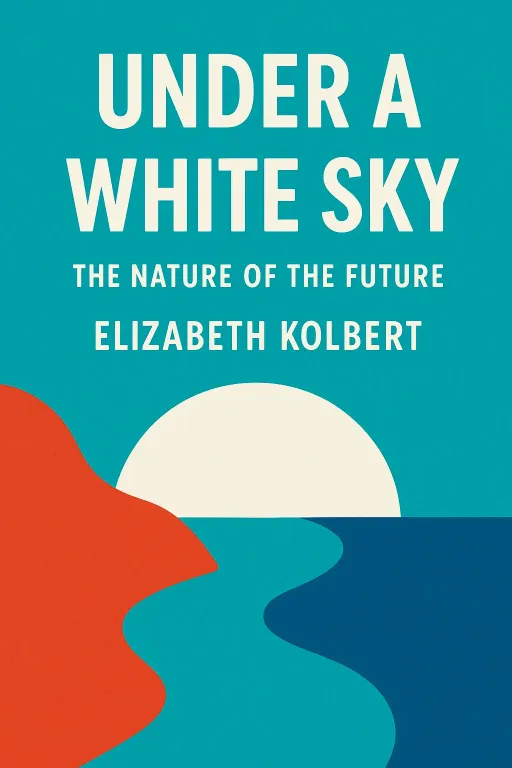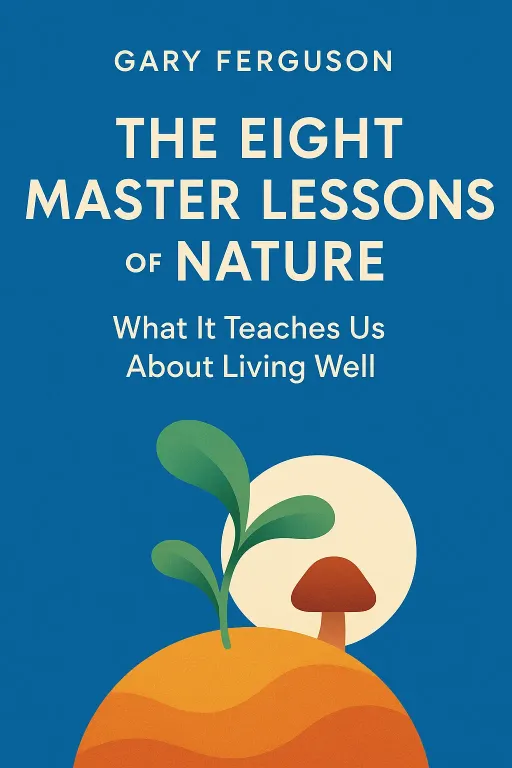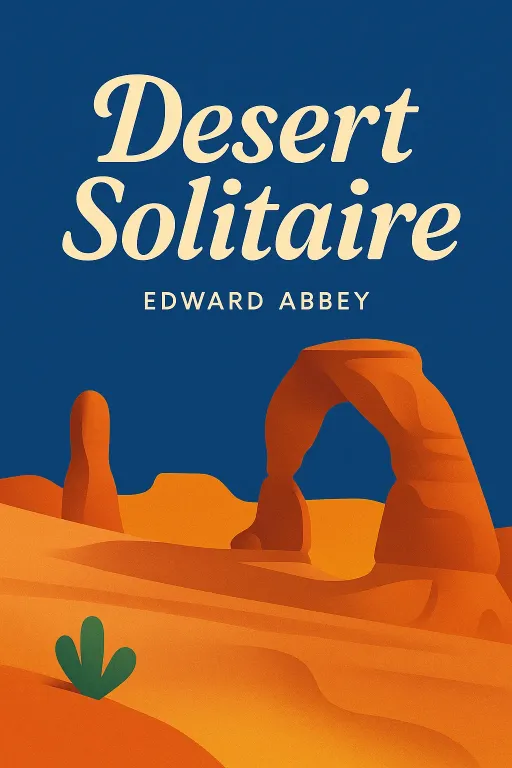
Desert Solitaire
10 minIntroduction
Narrator: Imagine a lone park ranger in the vast, silent desert of 1950s Utah. His home is a small government trailer, twenty miles down a rough dirt road, surrounded by monumental sandstone arches and a sky that stretches into infinity. One evening, as the sun sets, he hears an unfamiliar sound—the grinding engine of a jeep where no vehicles are allowed. Three men, engineers from the Bureau of Public Roads, emerge. They are not lost; they are a survey crew. They are there, they explain, to lay out a new paved road, a highway that will bring progress and thousands of tourists into the heart of this pristine wilderness. For the ranger, this moment is not a promise of progress, but the first tremor of an impending loss.
This experience lies at the heart of Edward Abbey's seminal work, Desert Solitaire. It is not a travel guide but an elegy, a passionate and often furious defense of the wild, and a profound meditation on the complex, contradictory relationship between humanity and the natural world. Through his account of a season spent in what was then Arches National Monument, Abbey forces us to confront what we are losing in our relentless pursuit of access and convenience.
The War on Wilderness: Industrial Tourism vs. True Experience
Key Insight 1
Narrator: Abbey argues that the National Parks are under assault not from malicious forces, but from a well-intentioned yet destructive philosophy he calls "Industrial Tourism." This is the belief that the primary purpose of a park is to be made accessible to the maximum number of people, primarily through their automobiles. He witnessed this firsthand. The quiet, remote Arches he knew was transformed. The dirt track he drove became a paved highway. A large, suburban-style campground was built, complete with designated sites and campfire circles. The solitude was replaced by the noise of generators and the sight of traffic.
The Park Service, Abbey contends, justifies this development with the slogan, "Parks are for people." But he questions what kind of experience this provides. He describes the "motorized tourist" as a victim, trapped inside a metal box, viewing the landscape through a windshield as if it were a television screen. They are rushed from one scenic overlook to the next, more concerned with taking a photograph than with feeling the desert wind or hearing its silence. Abbey argues that this approach robs people of a genuine connection to the wild. By trying to make the wilderness comfortable and convenient, we destroy the very qualities that make it valuable: its wildness, its challenge, and its solitude.
The Paradox of Preservation: Why Wilderness Matters for Its Own Sake
Key Insight 2
Narrator: At the core of Abbey's philosophy is a radical rejection of human-centeredness. He challenges the assumption that the natural world exists solely for human benefit, a concept known as anthropocentrism. He famously states, "I am not opposed to mankind but only to man-centeredness." For Abbey, wilderness has intrinsic value. It does not need to be justified by its utility to humans, whether for recreation, resources, or even scientific study. Its right to exist is inherent.
He expresses a desire to see the world without the filter of human interpretation, to look at a juniper tree or a vulture and see it "as it is in itself," free from human labels and projections. This perspective leads him to a controversial conclusion: the best thing we can do for the wilderness is to leave it alone. He argues against the constant drive to "improve" or "manage" natural spaces. The value of the desert, he insists, lies in its very aridity and desolation. To irrigate it and turn it into a garden would be to destroy its unique character. He believes wilderness should be preserved not just for us, but from us, allowing life to thrive on its own terms.
A Hard and Brutal Mysticism: Abbey's Unflinching Connection to Nature
Key Insight 3
Narrator: Abbey's relationship with the desert is not one of gentle, passive observation. He seeks a "hard and brutal mysticism," a connection that is visceral and real, even if it is unsettling. This is starkly illustrated in a story he calls "The Rabbit Experiment." While on patrol, he comes across a cottontail rabbit hiding under a bush. Instead of leaving it be, he is overcome by an impulse to participate directly in the desert's ecosystem. He picks up a stone and, with a sudden and precise throw, kills the rabbit.
This act is not born of casual cruelty, but from a desire to shatter the barrier between himself as a human observer and the raw reality of the natural world. In that moment of violence, he feels a shocking sense of elation and connection. He is no longer an outsider looking in; he is a predator, a participant in the cycle of life and death. This disturbing episode reveals the depth of his desire to merge with the nonhuman world, to understand it not through abstract thought but through direct, primal experience. It is this unflinching, often contradictory, engagement that defines his unique and challenging perspective.
An Elegy for a Drowned Paradise: The Tragedy of Glen Canyon
Key Insight 4
Narrator: The most sorrowful section of Desert Solitaire is the chapter "Down the River," which serves as a memorial for a lost world. Before it was dammed to create Lake Powell, Glen Canyon was a place of almost mythical beauty. Abbey and a friend, Ralph Newcomb, took a final float trip through the canyon, knowing its sandstone walls, hidden grottoes, and ancient ruins would soon be submerged.
He describes a "dream-like voyage" through a labyrinth of red rock, a place so beautiful and serene it felt like another planet. They explored side canyons filled with ferns and wildflowers, discovered ancient cliff dwellings, and camped on silent, sandy beaches. But hanging over the entire journey was the shadow of the nearly-complete Glen Canyon Dam. The trip ends abruptly when they encounter the machinery and noise of the construction site. Abbey compares the destruction of Glen Canyon to burying the Taj Mahal in mud. He argues that while a man-made cathedral could be rebuilt, Glen Canyon was "a living thing, irreplaceable, which can never be recovered through any human agency." For Abbey, its loss was not just an environmental tragedy, but a crime against the very spirit of life.
A Tombstone Thrown at Glass: The Book as a Call to Arms
Key Insight 5
Narrator: Abbey makes it clear from the beginning that Desert Solitaire is not meant to be a passive reading experience. In his preface, he gives the reader a direct and aggressive command. This book, he says, is not a travel guide but an elegy, a memorial. "You’re holding a tombstone in your hands," he writes. "A bloody rock. Don’t drop it on your foot – throw it at something big and glassy. What do you have to lose?"
This is the key to understanding the book's ultimate purpose. It is an act of protest, a weapon to be wielded against the complacency and destructive forces of industrial society. Abbey is not just mourning a lost wilderness; he is trying to ignite a fire in the reader. He advocates for radical solutions, such as banning cars from national parks and putting rangers to work as guides rather than as traffic cops. He wants to provoke, to anger, and to inspire action. The book is his defiant roar against the machine of "progress," a call to arms to defend what little wilderness remains.
Conclusion
Narrator: The single most important takeaway from Desert Solitaire is Abbey's fierce conviction that wilderness is not a luxury but a "necessity of the human spirit." He argues that a civilization that destroys the wild is cutting itself off from its origins and betraying its own principles. It is a source of freedom, a refuge from the pressures of a mechanized world, and a standard against which we can measure the health of our own society.
More than fifty years after its publication, Abbey's words feel more urgent than ever. He challenges us to look past the windshield, to step out of the car, and to experience the world with our own senses. He asks us to question what "progress" truly means and what irreversible costs are hidden behind the promises of convenience and accessibility. The ultimate challenge of Desert Solitaire is to decide for ourselves what is worth saving, and what we are willing to do to save it.
